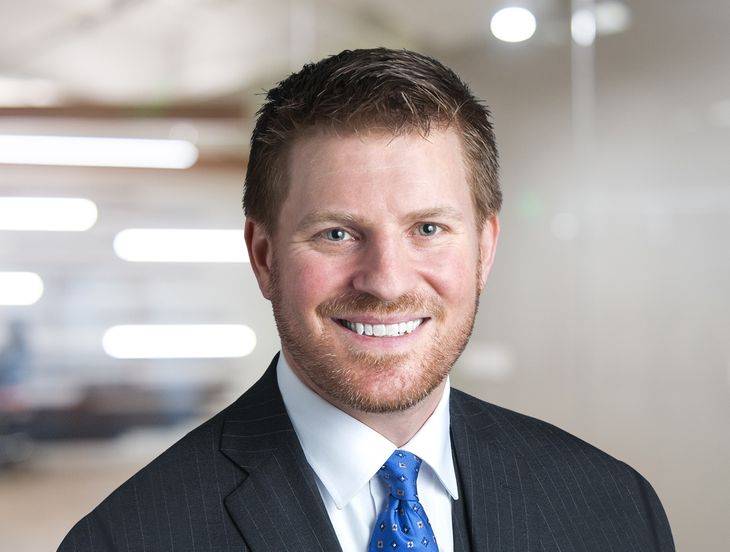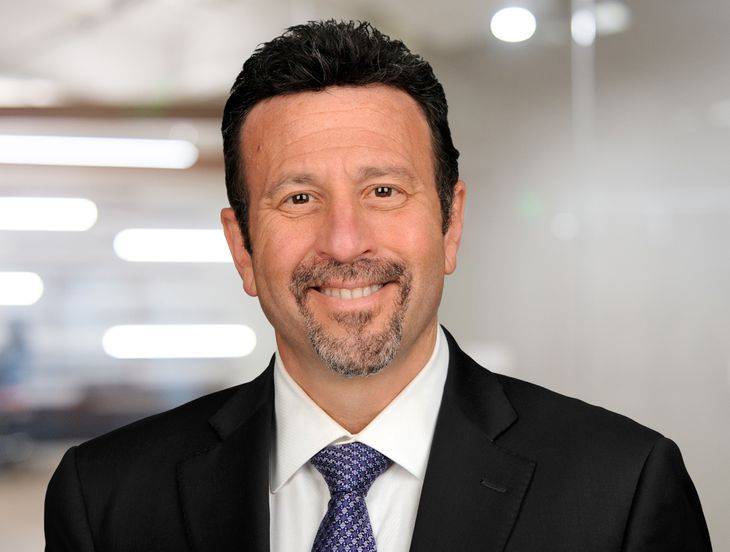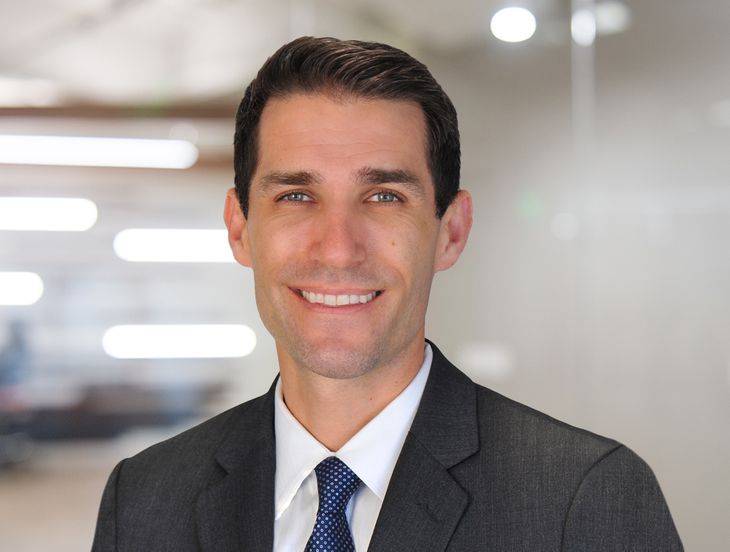“New Normal” Approaches to Employee Mobility, Information Safeguards and Competitive Advantage in the Post-Pandemic World
Event
9/23/21 and 9/28/21
12:00 – 2:50 p.m. EDT and 12:00 – 2:00 p.m. EDT, respectively
Registration for this event is closed. If you have any questions or would like additional information, please contact Chris McGoldrick.
With so much uncertainty as to where and for whom employees will be working as the pandemic continues with uncertainty as to its end, employers need clarity on how to manage sensitive information and staffing strategies now more than ever. Join Fisher Phillips for a two-part webinar program focused on the positive and negative impacts of employee mobility and their interplay with the protection of trade secrets, the enforcement of covenants not to compete, and the risks employers may face when hiring employees away from competitors and accompanying mitigation techniques.
Day 1 – Recent Evolution and Enforcement of Non-Competes and Strategies and Risks in Hiring from Competitors
Developing Trends in Non-Compete Law
Time: 12:00 p.m. – 12:45 p.m. EDT
As with so many other employment issues, restrictive covenants have been sucked into the maw of political discord. Beyond the steady stream of legislative developments around the country, the Biden Administration’s recently signed Executive Order on Promoting Competition in the American Economy indicates the Federal Trade Commission is set to assume a new enforcement responsibility. So where does that leave a company with multi-state operations? This session will address this question by discussing the broad sweep of changes to restrictive covenant law over the past 15 years.
Drafting Restrictive Covenant Agreements for a Multi-State Employer
Time: 12:45 – 1:25 p.m. EDT
Employers that have personnel in various locations across the country often face a daunting challenge when trying to roll out non-competition agreements and other restrictive covenants for use across a multi-state workforce: how to balance the administrative burden of potentially using multiple versions of an agreement against the need to maximize enforceability and protect the company’s interests across a variety of jurisdictions. This session will address strategies for enterprise-wide restrictive covenant programs designed to maximize enforceability across multiple states or countries, while minimizing the number of contracts to be managed.
Break: 1:25 – 1:30 p.m. EDT
Fair Competition Guidelines For Lateral Hires: Stop Trouble Before It Starts
Time: 1:30 – 2:10 p.m. EDT
Hiring a top performer or key executive from a competitor often comes with great rewards, but it can be accompanied by a minefield of potential risks. How do you navigate this minefield, limit the risks and maximize the rewards of a business-altering hire? This session reviews the process step-by-step, from initial recruiting through the end of transition and provides guidance for how to locate the risks and take concrete steps to take to limit exposure while maximizing the potential for a smooth and successful transition.
Trade Secret Contraband: Newly Hired Employee Trade Secrets & Employer Control
Time: 2:10 – 2:50 p.m. EDT
Employers need to determine as soon as they receive a demand letter from a competitor whether they have a legal duty to preserve and collect relevant electronically stored information and other materials from newly-hired employees who just left the competitor. Through forensics, the competitor might already know which trade secrets its former employer has taken and transferred to a personal device, or email or cloud account. Determining the scope of the employer’s duty to preserve hinges on whether the new employer has possession or control over the competitor’s trade secrets and other confidential information. It’s more important than ever that employers get this right. And right away. Misunderstanding the scope of preservation can undermine the defense of the competitor’s lawsuit. This session, which is neutral to enforcement and defense, will discuss prophylactic measures, including custodian questionnaires and recruitment training, and the importance of forensics on both sides of this scenario.
Day 2 – Best Practices for Protecting the Jewels of Your Company-Trade Secrets and Confidential Information
To Catch a Thief: Pre-lawsuit and Post-lawsuit measures to Manage Confidential Information and Customer Relationships
Time: 12:00 – 12:40 p.m. EDT
Over the past ten years, the number of trade secrets cases filed in the U.S. has risen by nearly 30%, making it more likely than ever that any given organization will face such a litigation event. This proliferation and its related case law reveal much about appropriate ways to prevent, discover and remedy the theft of information and relationships that fuel competitive advantage. This session will help employers adopt an assertive posture towards complex litigation involving claims of unfair competition through a case study approach drawing from real lawsuits that demonstrate best practices and common pitfalls to be mindful of.
Top Ten Things To Do When Your Employee Resigns To Join A Competitor
Time: 12:40 – 1:20 p.m. EDT
When an employee resigns to join a competitor, odds are that the employee has been orchestrating his or her departure for weeks or months. The security of your trade secrets and/or customer relationships may have already been compromised. This is particularly challenging in a year where many employees have been working remotely using the company’s customer lists and other important business information out of sight and having had communications with clients that may not have been monitored. Acting quickly is of critical importance. This session will outline the most important steps an employer can take to protect their business interests when an employee departure is announced.
Beyond Trade Secrets: Navigating 3rd Party Privacy Risks Involved in Employee Theft of Confidential Information
Time: 1:20 – 2:00 p.m. EDT
In preparing to defend or prosecute a lawsuit involving employee defections and allegations concerning theft of trade secrets, facts can unexpectedly – and substantially – expand the scope of a case. They can, in short order, trigger data breach notification and other privacy-related obligations that complicate legal strategies and muddle pathways to successful outcomes. This session will explore, in case study format, circumstances where this scenario played out and will offer guidance for how to navigate cases that expand unexpectedly, without compromising strategic priorities.
Fisher Phillips is working to provide SHRM/HRCI and CLE credit, where eligible.
If you have any questions, please contact Chris McGoldrick.
Fisher Phillips is committed to providing access to all of our events for disabled attendees. Automated closed captioning is available for all of our webinars. For other accommodation inquiries, please give us three business days advance notice prior to the scheduled event by contacting Chris McGoldrick. Thank you.
Related People
-
- Michael P. Elkon
- Partner
-
- Christopher P. Stief
- Regional Managing Partner
-
- David W. Erb
- Partner
-
- Robert Yonowitz
- Partner
-
- Brent A. Cossrow
- Regional Managing Partner
-
- Wendy Hughes
- Partner
-
- James Michael Honeycutt
- Partner
-
- Pavneet Singh Uppal
- Regional Managing Partner
-
- Michael R. Greco
- Regional Managing Partner
-
- Susan M. Guerette
- Partner
-
- Usama Kahf, CIPP/US
- Partner
-
- Anthony Isola
- Partner
-
- John W. Stapleton
- Partner
-
- Corey J. Goerdt
- Director of Pro Bono & Community Engagement














